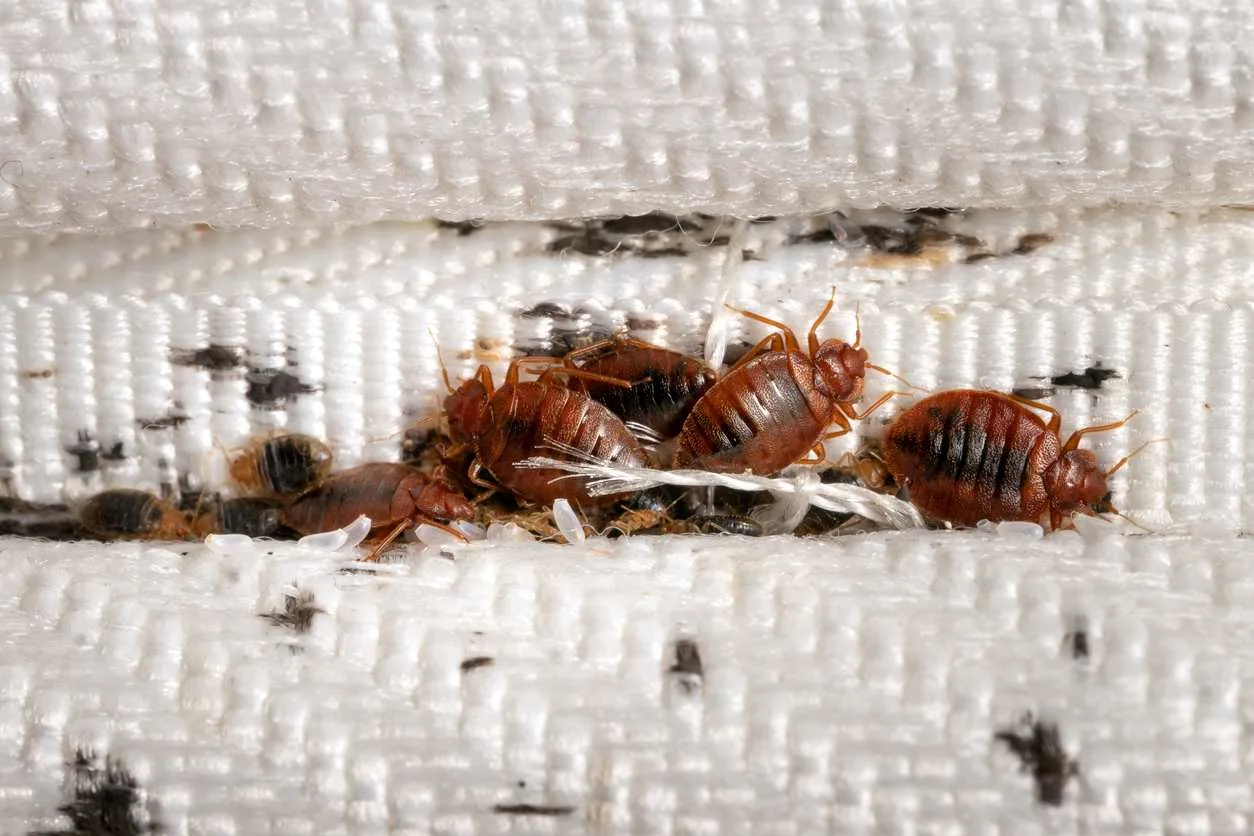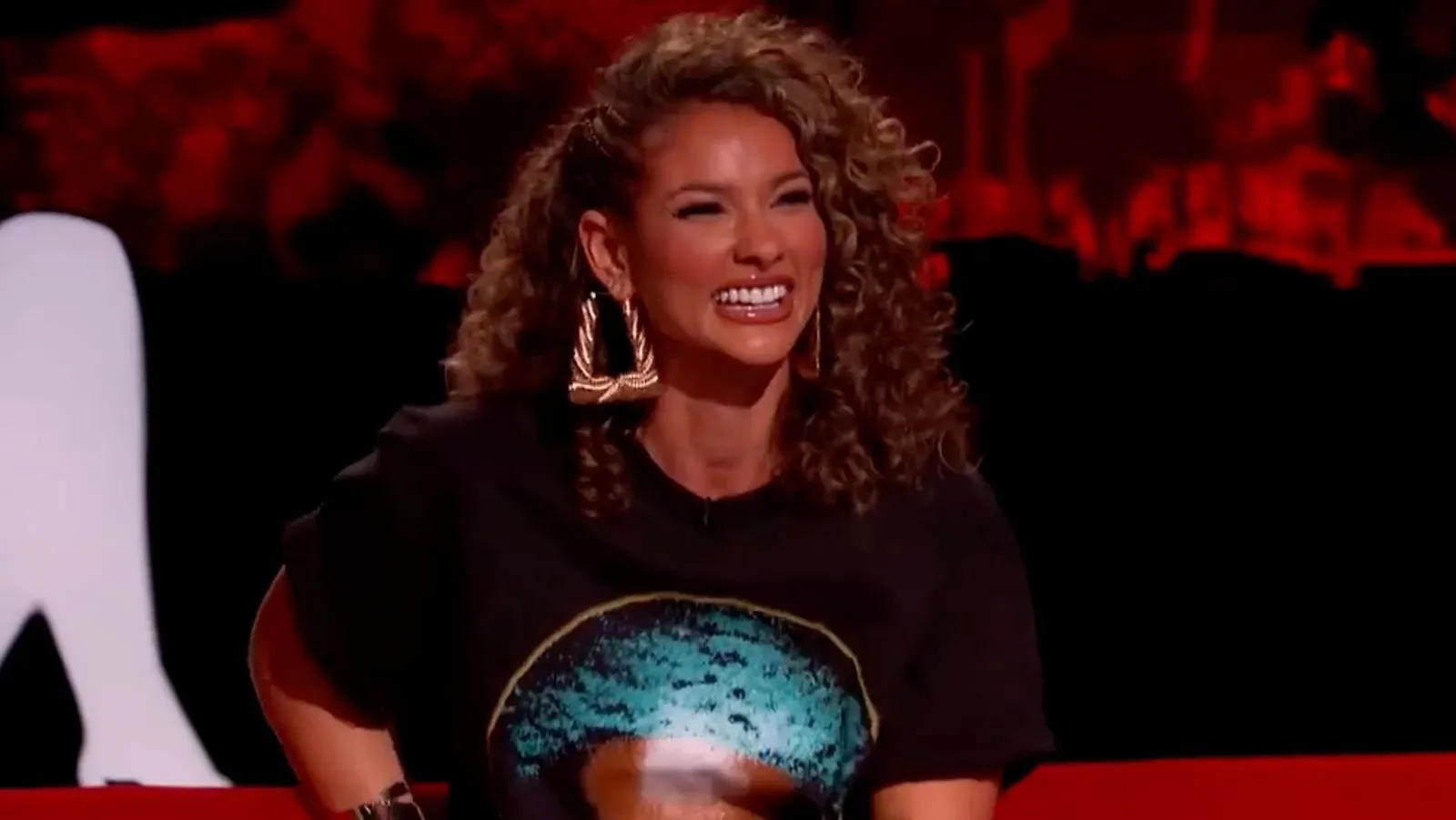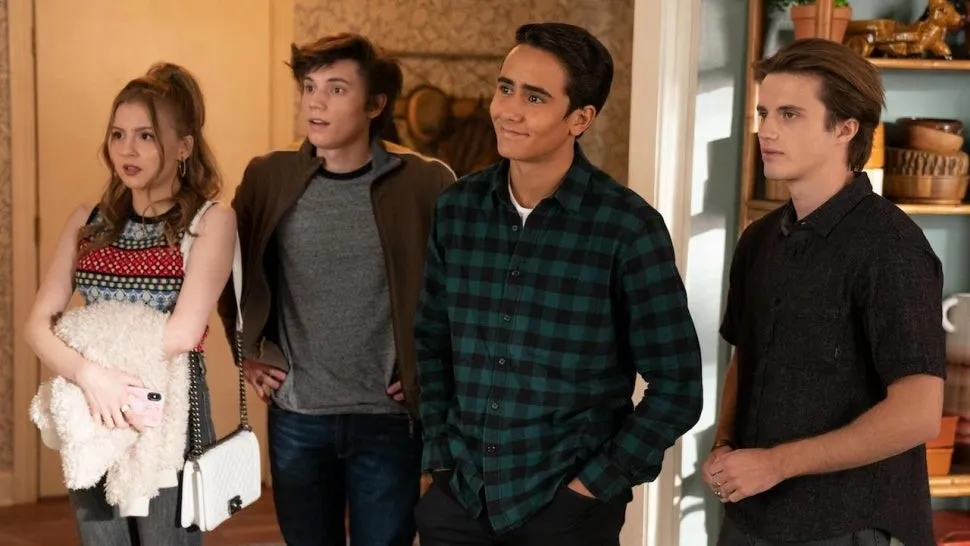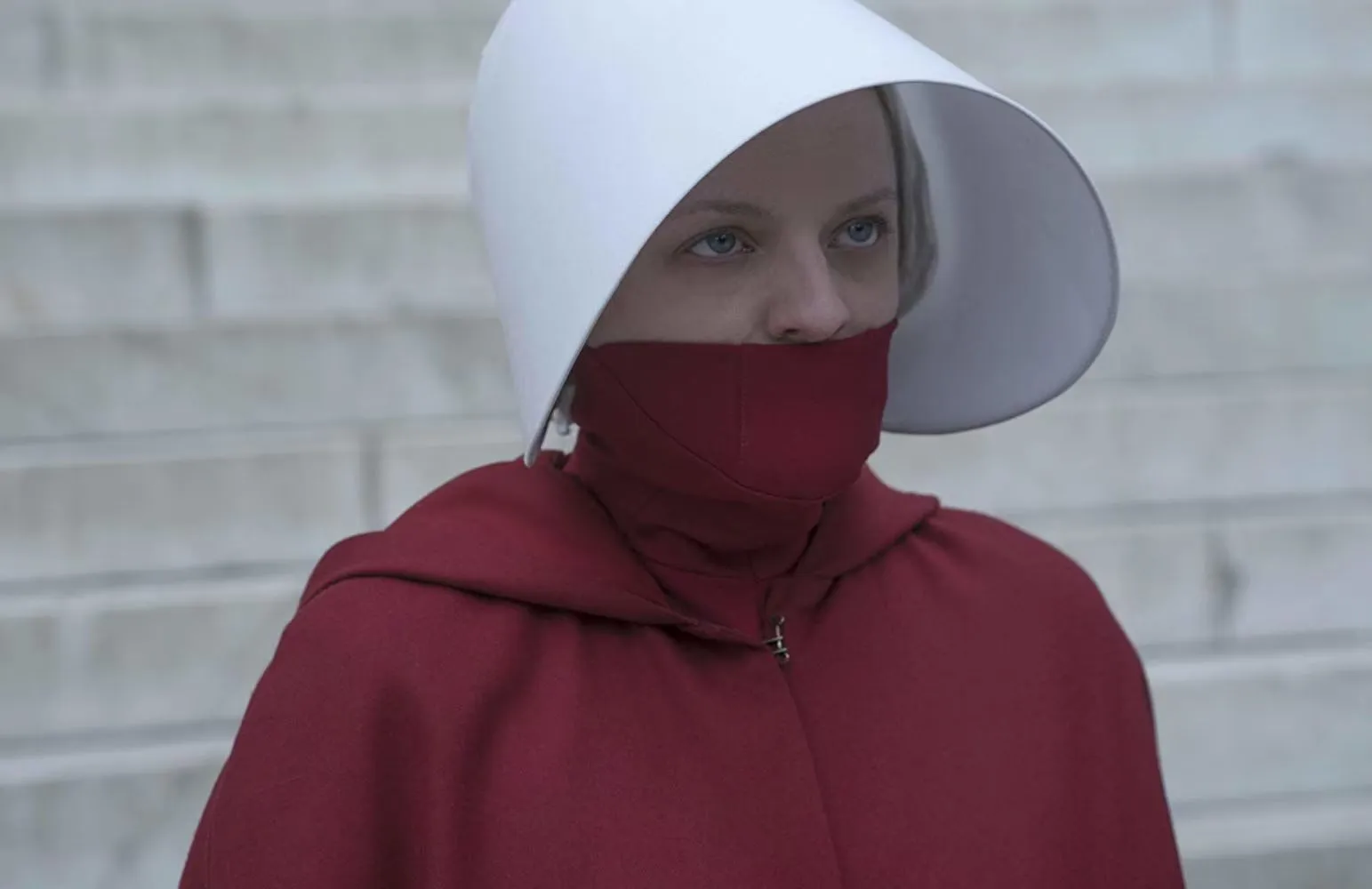Pysu The Sh0cking Discovery Hidden in a Woman’s Sheets That Left Her Horrified
The Sh0cking Discovery Hidden in a Woman’s Sheets That Left Her Horrified
A Morning That Should Have Stayed Ordinary
It started like any other morning—sunlight filtering through sheer curtains, birds chirping, the smell of fresh coffee. I stretched and leaned over to pull back the sheets… and froze.
There, scattered across the mattress, were tiny white specks, like stray grains of rice. A careless snack? Maybe. Innocent enough… until one of them wriggled.
My stomach dropped. I blinked. Leaned closer.
They weren’t grains. They were eggs. Bedbug eggs.
When the Smallest Things Hide the Biggest Threats
At first, I told myself it couldn’t be true. But I couldn’t unsee those oval shapes: shiny, smooth, pearly white. Perfectly oval. And smaller than a grain of rice—almost invisible unless you knew exactly what to look for.

A quick search confirmed my worst fear. Bedbug eggs are tiny, about 1 mm long, with a sticky, slightly translucent shell that lets them adhere to seams, cracks, and fabric. Their color—pearled white—makes them easily mistaken for lint or crumbs.
They hatch in 6 to 10 days under warm conditions. Once the nymphs emerge, they begin feeding—on human blood. The bites can be itchy welts, uncomfortable reminders of what hid beneath the sheets.
More Than Just Itchy Nights
Infestations do more than create physical discomfort. There are restless nights. Anxiety. The creeping dread of what else might be hiding. You start inspecting every seam, every fold, every piece of fabric with suspicion.
What once felt like a sanctuary becomes a battleground. Bedbug eggs hide behind baseboards, mattress seams, furniture joints. Even in what seemed like clean or well-kept spaces, they can flourish if unnoticed.
Conclusion: When the Smallest Signal Means Something Big
Those tiny white specks nearly broke my morning. But they also reminded me how fragile comfort can be, and how sharp our instincts must grow. Bedbugs may not carry diseases, but they carry fear. They turn the familiar into the unsettling, the safe into a trap.
So now I check the sheets. Inspect the mattress seams. Shine lights into corners. Because sometimes, the most dangerous things are the smallest—and the only way to protect your peace is to listen to the quiet warning signs.
Undercover Boss Confronts Toxic Behavior, Sparks Dramatic Store Transformation

Controversy has sparked as many viewers expressed dissatisfaction with the dialogue in Mrs Brown’s Boys, with some even suggesting that the BBC should reconsider the show. As a TV lover, what’s your opinion on this?

The return of Mrs Brown’s Boys to BBC One this week has once again ignited heated debate across Britain, underscoring the sitcom’s reputation as one of the most polarising comedies in modern television history. On Friday evening, the fifth series premiered after months of anticipation from loyal fans — and with it came an outpouring of complaints from detractors who flooded social media to voice their displeasure. Within minutes of the broadcast, X (formerly Twitter) was filled with comments ranging from weary sarcasm to outright demands for the BBC to cancel the show altogether.

For many viewers who have grown tired of Brendan O’Carroll’s trademark brand of slapstick humour and cheeky innuendo, the programme’s return felt less like a treat and more like an unwelcome reminder of what they consider to be outdated comedy. One particularly frustrated user summed up their disappointment with biting humour: “I’ve had a tough week. Very tough. Then when I thought it couldn’t get any worse, the man on TV said ‘and now on BBC1 a new series of Mrs Brown’s Boys.’ Haven’t we suffered enough?” Another viewer was more concise, writing simply: “Not for me #mrsbrownsboys.” A third offered sharper criticism, calling it “a waste of licence payers’ money,” echoing a complaint that has long followed the programme in an era where every penny of BBC funding is scrutinised.
Scrolling through reactions online, it quickly became clear that the show continues to divide audiences into two sharply opposed camps. On one side are the critics, who argue that its humour feels stale, overly reliant on toilet jokes, slapstick mishaps, and Agnes Brown’s exaggerated mannerisms. On the other side are the defenders, who maintain that comedy is subjective and that those who dislike the series should simply switch the channel instead of complaining online. Supporters wrote messages such as, “I don’t care what anyone says, I think Mrs Brown’s Boys is funny,” and “If you don’t like it… don’t watch it.” For these fans, the programme is a comfort, a familiar source of laughter in a television landscape that often takes itself too seriously.
The passionate debate sparked by the latest episode is nothing new. Since its debut over a decade ago, Mrs Brown’s Boys has been a lightning rod for criticism and acclaim in equal measure. At its peak, the show was a ratings juggernaut. Its 2013 Christmas special drew an astonishing 11.5 million viewers, and it went on to win six National Television Awards for Best Comedy. Brendan O’Carroll, who not only created the series but also stars as the sharp-tongued matriarch Agnes Brown, became a household name, and the show was seen as a rare example of a traditional sitcom breaking through in the age of streaming and digital media.

Yet, the glory days of record-breaking audiences have long since faded. In recent years, ratings have dropped significantly. The last time the show appeared in the UK’s top ten Christmas Day programmes was in 2020, when just 3.8 million people tuned in — a sharp decline from its earlier dominance. Critics argue that the formula has not evolved, leaving the show feeling dated in a time when British comedy has diversified and moved toward sharper, more nuanced storytelling. The crude innuendo, slapstick humour, and sometimes chaotic breaking of the fourth wall are beloved by some but described by others as tiresome and repetitive.
Adding to the controversy, the show faced significant backlash last year after rehearsals for the 2024 Christmas special were halted when a racially charged term was implied during production. The incident prompted widespread criticism and renewed scrutiny of the programme’s content. O’Carroll defended the moment as satirical, explaining that Mrs Brown’s ignorance was intended to reflect generational misunderstandings rather than endorse offensive views. He compared it to the character’s humorous inability to fully grasp her son’s homosexuality, despite loving him deeply. For O’Carroll, comedy should provoke discomfort as well as laughter. Speaking on

This uncompromising philosophy is part of why Mrs Brown’s Boys remains so divisive. For fans, O’Carroll’s irreverent approach is refreshing in a world where comedians are often accused of playing it safe. They see Agnes Brown’s antics in Finglas as a reminder of simpler comedic traditions, a throwback to when sitcoms didn’t shy away from broad gags and outrageous characters. For critics, however, the same qualities are what make the show feel stuck in the past, clinging to jokes that no longer resonate in today’s cultural climate.
O’Carroll himself appears unfazed by the backlash. In one interview, he bluntly dismissed those who dislike his work, saying: “The ones that love me, I love them, and the ones that don’t, f*** them.” This candid remark epitomises his approach — one that values the loyal fan base who continue to watch faithfully over the growing chorus of detractors.
Yet, despite dwindling ratings and persistent criticism, the programme’s survival speaks volumes about its enduring appeal. Millions still tune in each year, particularly for the Christmas specials, which have become something of a tradition in many households. The fact that it continues to provoke such strong reactions — whether of affection or disdain — is, in itself, evidence of its cultural impact. Few shows can claim to generate this level of conversation more than a decade after their debut.

In many ways, the return of Mrs Brown’s Boys in 2024 illustrates the paradox at the heart of British television comedy. On one hand, audiences increasingly demand fresh, innovative content that reflects modern sensibilities. On the other, there remains a deep affection for traditional sitcom formats, slapstick humour, and the comfort of familiar characters. The clash between these two perspectives ensures that the show remains a battleground for debates about taste, tradition, and the role of comedy in contemporary society.
As the new series unfolds, it seems inevitable that the arguments will continue. Some will tune in religiously, laughing along with Agnes Brown’s misadventures, while others will roll their eyes and take to social media to voice their frustration. But whether adored or despised, Mrs Brown’s Boys refuses to be ignored — and in the world of television, perhaps that is the true measure of success.









